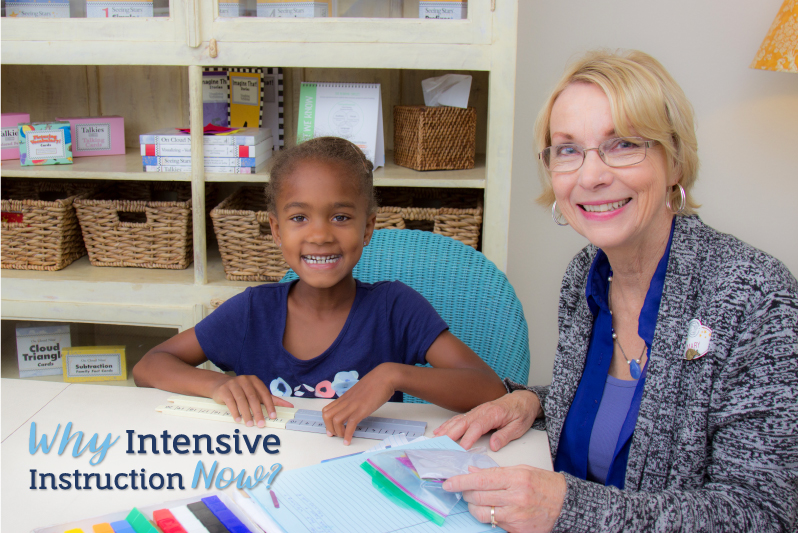
A bright and articulate 8-year-old, Jacob shifts uncomfortably in his seat when his teacher announces that they’d be taking turns reading aloud. “Maybe if I ask to go to the bathroom, I’ll miss my turn,” he thinks.
Jacob has a high vocabulary and his teachers frequently tell him how smart he is, but he’s beginning to doubt them. “How smart can I be if I can’t even read?” he asks himself. In the mornings he gets a stomach ache thinking about facing the school day. When he opens a book, “was” turns into “saw” and “through” and “though” and “thought” never sound like they’re supposed to. How is a person supposed to remember all of that?
Mrs. Jones calls on Emma, who always seems to be a step behind in class, and tells her to read from Chapter 2. “What?” Emma asks. She twists the ends of her blonde ringlets as she waits for Mrs. Jones to repeat her request. It’s not that she doesn’t care or isn’t listening in the classroom — but directions still seem to go in one ear and out the other. Emma reads the page quickly and accurately but falls silent when Mrs. Jones asks her what she thinks will happen next in the story.
For Jacob, reading is the hardest thing in the world, and no one seems to know why. His teachers and parents thought eventually it would just “click” on its own. But students with a weakness in symbol imagery, or the ability to visualise letters and sounds within words, may require remediation or additional explicit reading instruction. Weak symbol imagery will cause difficulty in establishing sight words, contextual fluency, and spelling.
A few seats over, Emma is able to spell perfectly and decode new words with ease, but she doesn’t seem to comprehend what she’s read. When someone tells a joke, she quickly scans the room and notices other people are laughing, so she laughs too. For Emma, weak concept imagery—the ability to image a gestalt (whole)—may be the cause of her struggles. Weakness in concept imagery will interfere with reading and listening comprehension, memory, oral vocabulary, critical thinking, and writing.
As the critical third grade year continues, Jacob and Emma are likely to fall further and further behind. They may be present in class every day, but they’re both missing out on content and their self-esteem continues to quietly plummet.
At Lindamood-Bell, we believe that all students can be taught to read and comprehend to their potential. We identify strengths and weaknesses that may be affecting school performance, and our instruction is based on an individual’s learning needs. The school year is a great time to address those learning needs — helping your child develop the underlying foundational skills for reading and comprehension will ensure that they don’t start to miss curriculum-based content because they’re unable to decode or comprehend it. For a student who has fallen behind, the way to close the gap is often intensive instruction. Click here to learn more about how we’re able to make years of gains in weeks of instruction.
We want to be your partner in education and help make your child’s school year a success. To learn more, contact your local Learning Centre. Double Bay (02) 9328 7119 | Chatswood (02) 9410 1006






